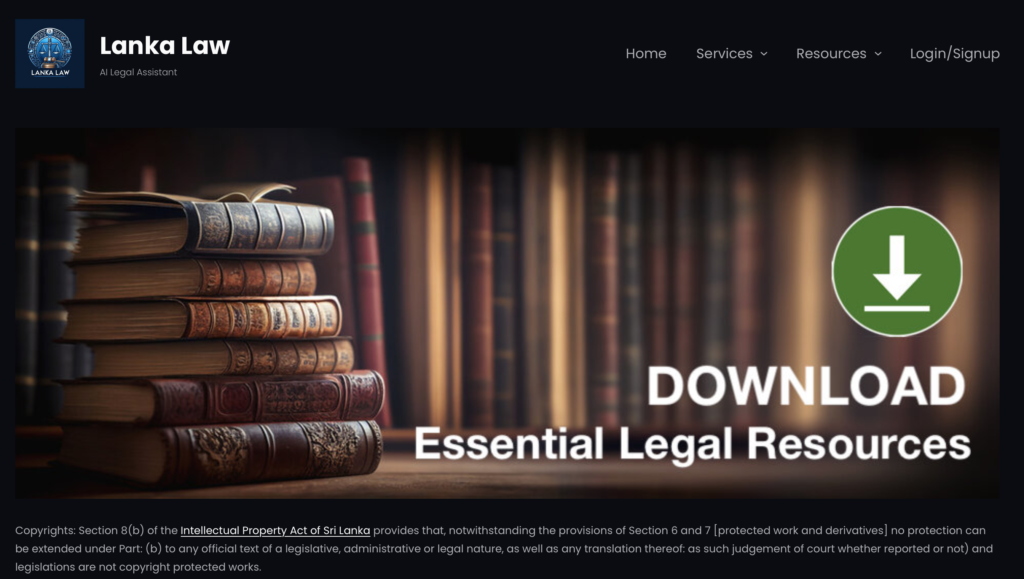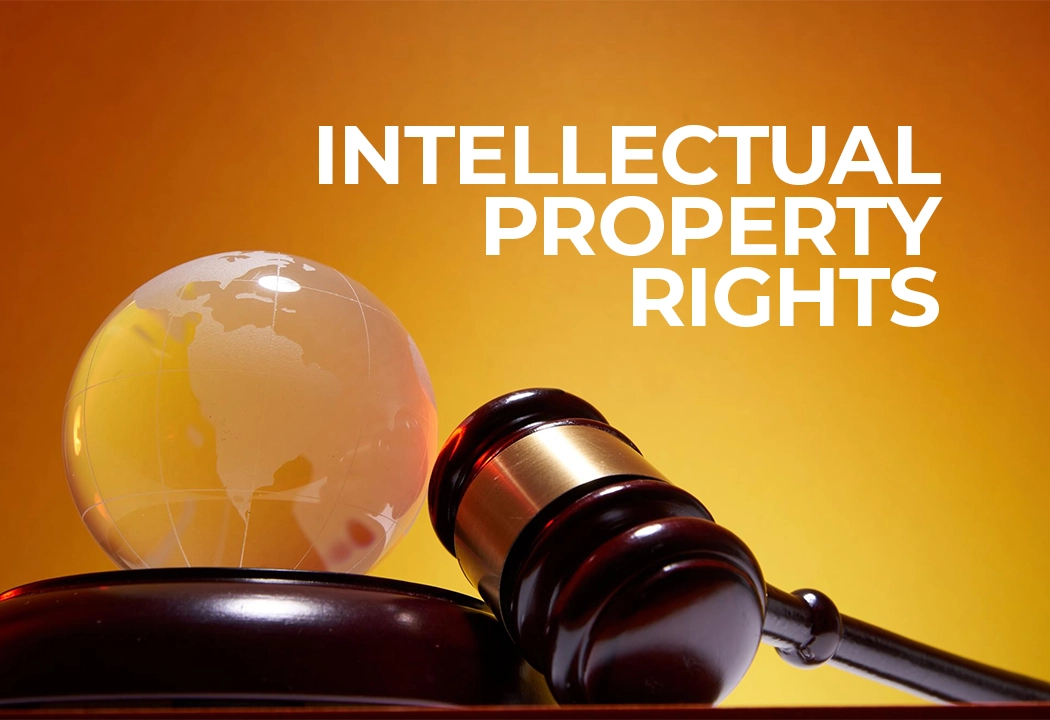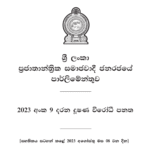The Intellectual Property Act No. 36 of 2003 of Sri Lanka provides comprehensive guidance on the protection of copyright and intellectual property. A critical exemption from copyright protection is outlined in Section 8(b), which states that “no protection shall be extended under this Part to any official text of a legislative, administrative, or legal nature, as well as any official translation thereof.” This provision reflects the principle that public access to legal and administrative texts is fundamental to governance, transparency, and the rule of law.
Key Implications of Section 8(b)
- Free Accessibility to Legal Information Legal texts, such as court judgments, statutes, and administrative orders, are essential for the functioning of a democratic society. By removing copyright restrictions, Section 8(b) ensures that these documents are freely accessible to the public, promoting awareness and understanding of the law.
- Facilitation of Education and Research The exemption allows unrestricted use of these texts in academic, legal, and social discourse, enabling educators, researchers, and policymakers to reference, analyze, and reproduce legal documents without fear of infringement claims.
- Encouragement of Transparency Public access to unencumbered legal information supports accountability and transparency in governance. Citizens can scrutinize laws and judicial decisions, fostering trust in legal and administrative institutions.

Comparison with Sections 6 and 7
Section 8(b) contrasts with Sections 6 and 7, which outline the scope of protection for literary, artistic, and derivative works:
- Section 6: Protects original intellectual creations in literary, artistic, and scientific domains, including books, music, and audiovisual works.
- Section 7: Extends protection to translations, adaptations, and collections, provided these are original and involve creative input.
Section 8(b) acts as a caveat to these sections by clarifying that works in the public interest—like legal and administrative texts—are excluded from such protection.
Relevant Limitations under Section 8
Section 8 lists additional exclusions beyond legislative texts, such as:
- Ideas and Methods: Protection is granted to the expression of ideas, but not the ideas themselves, ensuring that concepts remain freely usable (Section 8(a)).
- News of the Day: Contemporary news reports are excluded to ensure free dissemination of timely information (Section 8(c)).
Global Context and Best Practices
The approach in Section 8(b) aligns with international norms, including the Berne Convention for the Protection of Literary and Artistic Works, which allows countries to exclude legal texts from copyright. Similarly, in jurisdictions like the United States, court opinions and statutes are public domain material. Sri Lanka’s provision is consistent with global practices that prioritize public interest over intellectual property rights in this domain.
Challenges and Ambiguities
- Scope of “Official Text” While the Act defines official texts broadly, there may be interpretative challenges. For example, does the protection apply to unofficial compilations of legal texts or annotations provided by private publishers?
- Digital Reproduction With the increasing digitization of legal information, ensuring free and equitable online access remains a challenge, particularly in contexts where access to technology is limited.
Conclusion and Recommendations
Section 8(b) of the Intellectual Property Act of Sri Lanka underscores a commitment to transparency and the public good. While it facilitates free access to vital legal information, there is a need for clear guidelines to address ambiguities, especially regarding derivative works and digital formats. To maximize its impact:
- The government could ensure the proactive publication of all legislative and judicial texts online.
- Supplementary provisions might clarify the extent to which annotations or compilations by third parties are protected.
By strengthening its framework around public domain works, Sri Lanka can continue to uphold principles of transparency and accessibility, foundational to its democratic ethos.
Download Act














